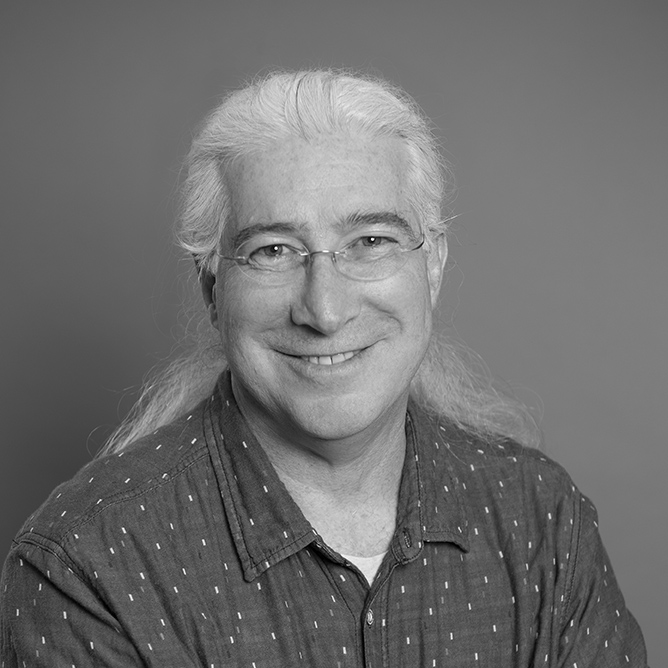 |
Mark Bedford, PhD Dr. Bedford is a Professor in the Department of Molecular Carcinogenesis at the University of Texas MD Anderson Cancer Center. He received a PhD from the Weizmann Institute of Science in Israel, and performed his postdoctoral studies with Dr. Philip Leder at Harvard Medical School. Dr. Bedford’s scientific body of work has focused on establishing the biological roles of arginine methylation. He is also widely recognized for his development of protein domain microarrays that are used to identify the binders of a variety of epigenetic marks. |
 |
James Bone, PhD, President. Jim earned a Bachelor of Science degree from the UNC Chapel Hill and a PhD from Baylor College of Medicine. He was a post-doctoral fellow in Dr. Sharon Dent's lab at the University of Texas MD Anderson Cancer Center and then later in the lab of Dr. C David Allis at the University of Virginia Health Science Center. After leaving the Allis lab, Jim worked for Upstate Biotechnology (now part of Millipore-Sigma) for six years, directing their efforts commericializing products for epigenetics and chromatin biology research. After leaving Upstate, Jim was a founder of Lake Placid Biologicals, and worked later for Active Motif after their acquisition of the company. |
 |
Or Gozani, MD, PhD Dr. Gozani is a Professor at Stanford University. Dr. Gozani received his BA at UC Berkeley and his MD and PhD degrees from Harvard Medical School. Dr. Gozani also did his postdoctoral training at Harvard Medical School in the lab of Dr. Junying Yuan. Dr. Gozani’s lab focuses on understanding how chromatin-signaling networks regulate key physiologic and pathologic programs. For his work in chromatin biology and epigenetics, Dr. Gozani has received numerous honors including a Burroughs Wellcome Career Award in Biomedical Sciences, a Kimmel Scholar Award, a Searle Scholar Award, and an Ellison Senior Scholar in Aging Award. |
 |
Michael-Christopher Keogh, PhD, Chief Scientific Officer. Michael earned his PhD in Molecular Immunology from Imperial College London and completed postdoctoral studies in the Thrombosis Research Institute (London) and with Dr. Steve Buratowski at Harvard Medical School. Prior to joining EpiCypher he was a Principal Investigator in the Department of Cell Biology at Albert Einstein College of Medicine. His work has focused on many key oncology research areas including cell-cycle regulation, DNA repair, epigenetics, gene expression and genetic networks. |
 |
Joe McMahon Joe is the President and CEO of Bioventure Partners, a growth advisory and investment firm, serving high-impact, technology driven organizations. Previously, Joe was with KBI Biopharma, a biopharmaceutical CDMO from 2002 until 2016, having served as its President and CEO. During this period, KBI grew from a startup to a 500+ person organization, serving over 300 biopharmaceutical companies globally. In 2015, Joe led the sale of KBI Biopharma to JSR Corporation, a Tokyo-based multinational company. In 2016, Joe also led the sale of kSep Systems (a KBI Biopharma cell therapy technology spinout), to Sartorius AG. Prior to KBI, Joe was a Vice President with Covance Biotechnology Services (a biopharmaceutical CDMO) from 1996 until 2002, including the sale of Covance Biotechnology Services to Akzo Nobel in 2001. Previously, Joe led the engineering and technical services groups for a large medical device company. |
 |
Brian Strahl, PhD Dr. Strahl is a Professor in the Department of Biochemistry & Biophysics at the University of North Carolina at Chapel Hill, where he has been an investigator for the past 10 years. Dr. Strahl performed his post-doctoral studies with Dr. C. David Allis at the University of Virginia, where he formally proposed the histone code hypothesis – a far-reaching idea to explain the function of histone modifications. Dr. Strahl has been the recipient of various prestigious awards for his work on histone modifications. He was the recipient of a Presidential Early Career Award for Scientists and Engineers in 2003. Dr. Strahl also received the ASBMBSchering-Plough Research Institute Award in 2005, and the EUREKA award from the NIH in 2007. |
